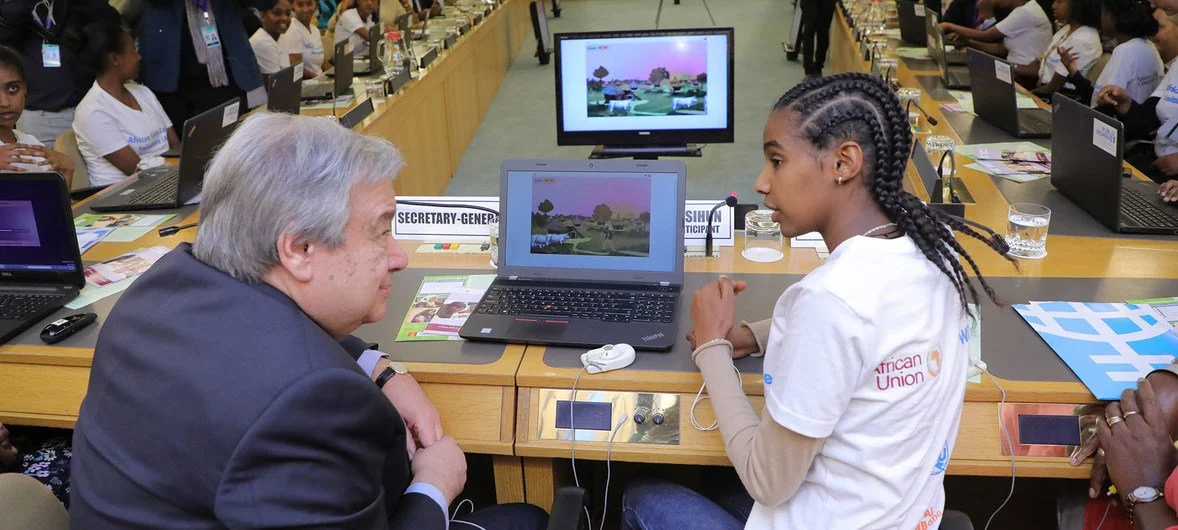In the Facebook Live discussion “Making Sound Financial Decisions,” hosted by the U.S. Embassy in South Africa, Zibu MaSotobe, an author, international speaker and businesswoman, spoke to the importance of financial literacy, both within the country and across the continent, before taking audience questions about saving, investing and preparing for the future. The following are her recommendations for others looking to better manage their finances now and for years to come.
Is Chinese Owned Media Producing Misinformation Around Covid-19 Narratives In Africa?
By Sara Kaso
In the last 20 years, China has massively increased its presence in African States on the economic- political field by investing in infrastructure and the logistic system with the purpose of building huge commercial and military poles. Notwithstanding, China has cautiously invested also in state- owned media agencies, TV Channels( CCTV Africa) , Radio ( China Radio International) broadcasting and journals (China daily) in Africa ( Greenslade, 2015).
Preparing Africa’s graduates for today | The Youth Cafe
BY RAPHAEL OBONYO
Many Africans with advanced qualifications are finding their university degrees are just not enough to land a job in the current market. Ruth Rono graduated from Chuka University, Kenya, in 2015 with first-class honours. Without a job after many years of trying, Ms. Rono was forced to take menial jobs such as working on people’s farms.
Technology is a Liberating Force for African Women | The Youth Cafe
BY CHARLES ONYANGO-OBBO
As ride-hailing apps proliferate the globe, the year-old An Nisa Taxi in Kenya is one of the standouts in Africa. Developed by 33-year-old Mehnaz Sarwar, An Nisa is run by women and serves female passengers and children exclusively. Ms. Sarwar sought to overcome two obstacles: limited job opportunities for women in a male-dominated industry and the reluctance of women to hail taxis, because physical abuse from drivers—including sexual abuse—is known to take place.





